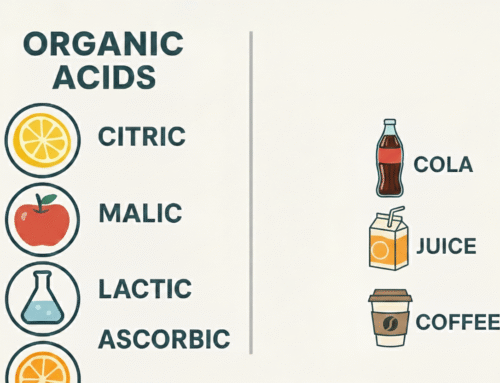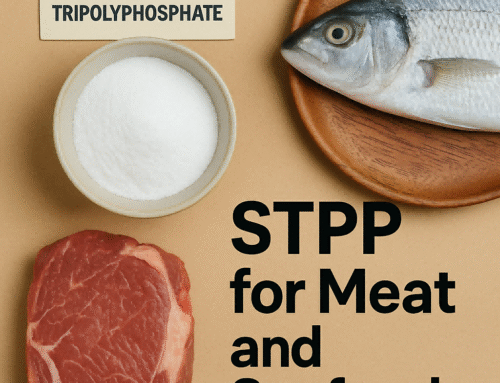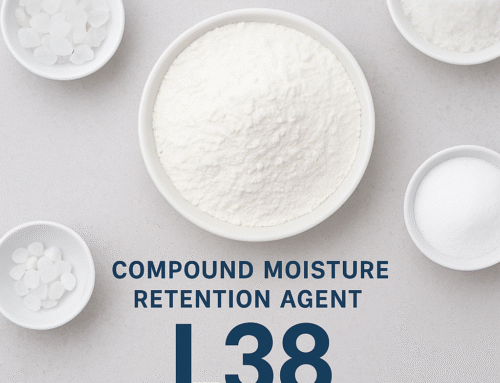 Manganese phosphate is a chemical compound made by combining manganese salts and phosphoric acid. It is widely used as a protective coating for metal surfaces in various industries, including automotive, construction, firearms, manufacturing, aerospace, and medical industries. It offers excellent corrosion resistance, wear resistance, lubrication, and adhesion properties.
Manganese phosphate is a chemical compound made by combining manganese salts and phosphoric acid. It is widely used as a protective coating for metal surfaces in various industries, including automotive, construction, firearms, manufacturing, aerospace, and medical industries. It offers excellent corrosion resistance, wear resistance, lubrication, and adhesion properties.
| Property | Description |
| Chemical formula | Mn3(PO4)2 |
| Molecular weight | 357.82 g/mol |
| Appearance | Fine white to light brown powder |
| Solubility | Insoluble in water and ethanol; slightly soluble in dilute acids |
| pH | Acidic (pH < 7) |
| Melting point | Decomposes at around 1200°C |
| Density | 2.84 g/cm³ |
| Crystal structure | Trigonal crystal system |
| Stability | Stable under normal conditions; reacts with strong bases and oxidizing agents |
| Applications | Coating for metal surfaces to improve wear resistance and corrosion protection; pigment in ceramics and paints |
Uses
Manganese phosphate has many important applications across various industries. Its unique combination of physical and chemical properties makes it an ideal coating material for metal surfaces that require corrosion resistance, wear resistance, lubrication, and adhesion properties.
In the automotive industry, manganese phosphate is applied to engine components like camshafts, pistons, gears, and bearings to improve their wear resistance and reduce friction. It is also used in brake components such as rotors and calipers to enhance their durability and prevent premature failure.
In the construction industry, manganese phosphate is used on steel beams, support structures, and other metal components that are exposed to harsh environmental conditions. The coating helps prevent rust and other forms of corrosion, reducing the risk of weakening the structure.
Manganese phosphate is extensively used in the firearms industry due to its ability to provide superior corrosion resistance and wear resistance. It is commonly applied to gun barrels, receivers, and other critical components.
Manganese phosphate is used in the manufacturing industry by applying it to metal parts such as gears, springs, fasteners, and cutting tools to improve their wear resistance and lubrication properties. The coating reduces friction, heat, and wear, extending the life of the equipment and reducing downtime and maintenance costs.
In the aerospace industry, manganese phosphate coatings offer exceptional corrosion resistance and can withstand high temperatures and harsh environments. It is commonly applied to components such as landing gear, turbine blades, and engine parts.
In the medical industry, manganese phosphate coatings are used in medical devices like surgical instruments and implants to improve their biocompatibility and prevent bacterial growth. The coating inhibits the growth of bacteria and other microorganisms, reducing the risk of infection and improving patient outcomes.
Coating Process
One way to apply a manganese phosphate solution is to clean the part and immerse it in a mineral acid with thorough rinsing after each step. Another way is to clean and sandblast the surface before applying the coating.
During the finishing process, the part is immersed in the manganese phosphate solution for up to 15 minutes at a high temperature of over 200 degrees Fahrenheit. The resulting crystalline structure formed can be modified based on specific performance requirements.
Advantages
Compared to other phosphate coatings, manganese phosphate offers several benefits that can improve the overall performance and reliability of metal parts. These include:
- Maximum Hardness: Manganese phosphate is the hardest type of phosphate coating available, providing unbeatable durability.
- Increased Corrosion Resistance: Manganese phosphate is insoluble, meaning it can’t be broken down by water or other liquids, making it highly resistant to corrosion.
- Improved Lubrication: The crystalline finish absorbs oil and other lubricants, which makes it ideal for metal parts designed to come in contact with other metal parts, like engines and transmissions. The wear of phosphate parts in friction is dramatically reduced.
- Excellent Adhesion: Manganese phosphate provides a crystalline structure that is an effective base for secondary coatings and paint.
Conclusion
Manganese phosphate is a versatile coating that has many important applications in a variety of industries. Its unique combination of physical and chemical properties makes it ideal for durability, corrosion resistance, and lubricity.




